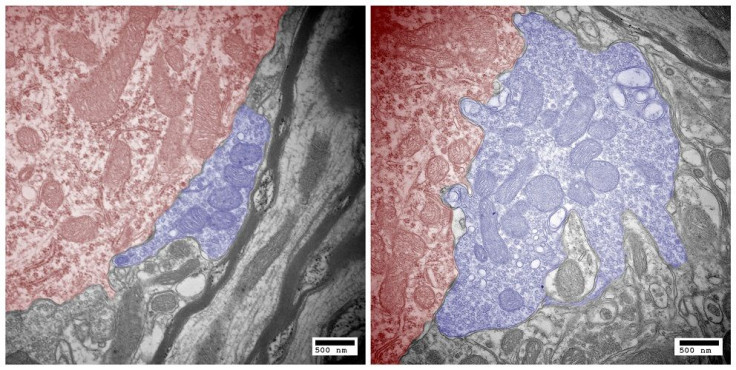Can You Hear Me Now? How Our Brains Adapt To Noisy Environments, Preventing Deafness

It’s not uncommon living in a loud city like New York to see tourists (we assume) covering their ears in the subway station as a train barrels through a turn on the express track or screeches to a stop to let people on and off. Above ground, car horns go off, sirens blare, and millions of people speak to each other, or yell. Why is it that people who live in New York City have become immune to such obvious noise, as if it barely even exists? According to a new study, people who are exposed to these types of noise may not have to cover their ears because of the brain’s ability to adapt.
“The brain is amazingly adaptable. The way it receives information can change to accommodate for different conditions, and this is what we see in our research,” said Dr. Matthew Xu-Friedman, an associate professor of biological sciences at the University of Buffalo and lead author of the study. “What we see is that the cells in the auditory nerve adjust. They change themselves so they can respond to a different heightened level of activity.”
The brain recognizes sound with the help of neurotransmitters, which are released from the auditory cortex whenever sound passes through the ear. This happens every time, or at least until there’s prolonged exposure to loud noise. The researchers found that when mice were exposed to a week’s worth of loud noise — noise comparable to a lawn mower or hair dryer — their auditory cortexes became less generous with the amount of neurotransmitters they would release, when compared to mice in quieter environments. In other words, the mice’s brains would adapt to the sound, allowing it to become background noise, and saving neurotransmitters for new sounds.
In addition to that adaptation, the researchers also found that the synapses — the structure that allows cell-to-cell communication — within the auditory cortexes grew, presumably to make space for more neurotransmitters to be produced. The researchers said these changes may have occurred to prevent animals living in loud environments from going deaf. Once these mice were put in a quiet habitat, their brains reverted to their normal state.

“We think we may have found another form of homeostasis,” Xu-Friedman said. “If the brain needs to process information under many different conditions, it’s helpful if there’s a set of rules to follow, ways to behave when activity is high and when activity is low. That appears to be happening with regard to these cells in the auditory nerve.” Thus, it is possible people living in loud cities like New York have simply adapted to the noise, relegating it to the background, outside of their bubble.
Source: Ngodup T, Goetz J, McGuire B, Sun W, Lauer A, Xu-Friedman. Activity-dependent, homeostatic regulation of neurotransmitter release from auditory nerve fibers. PNAS. 2015.



























